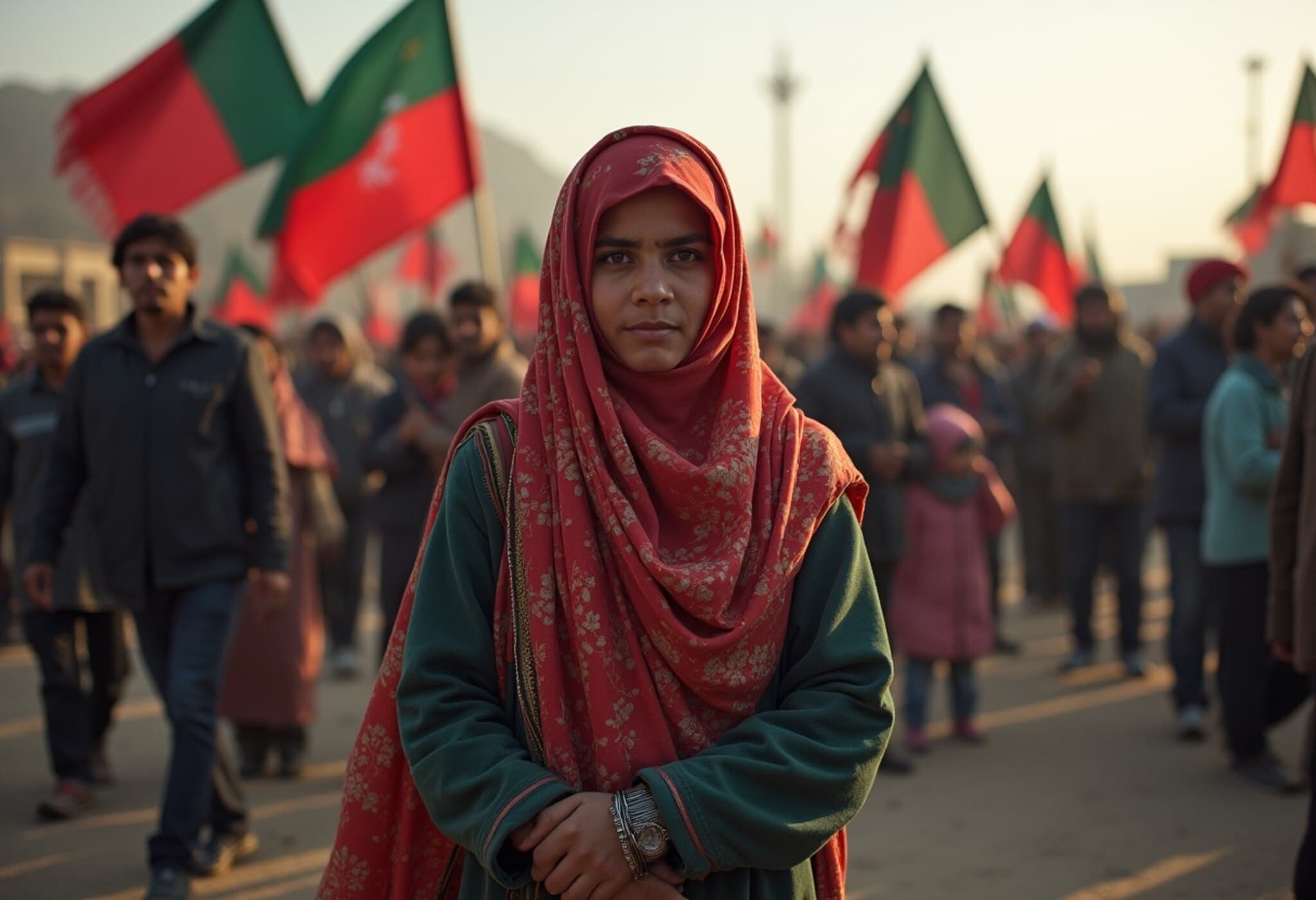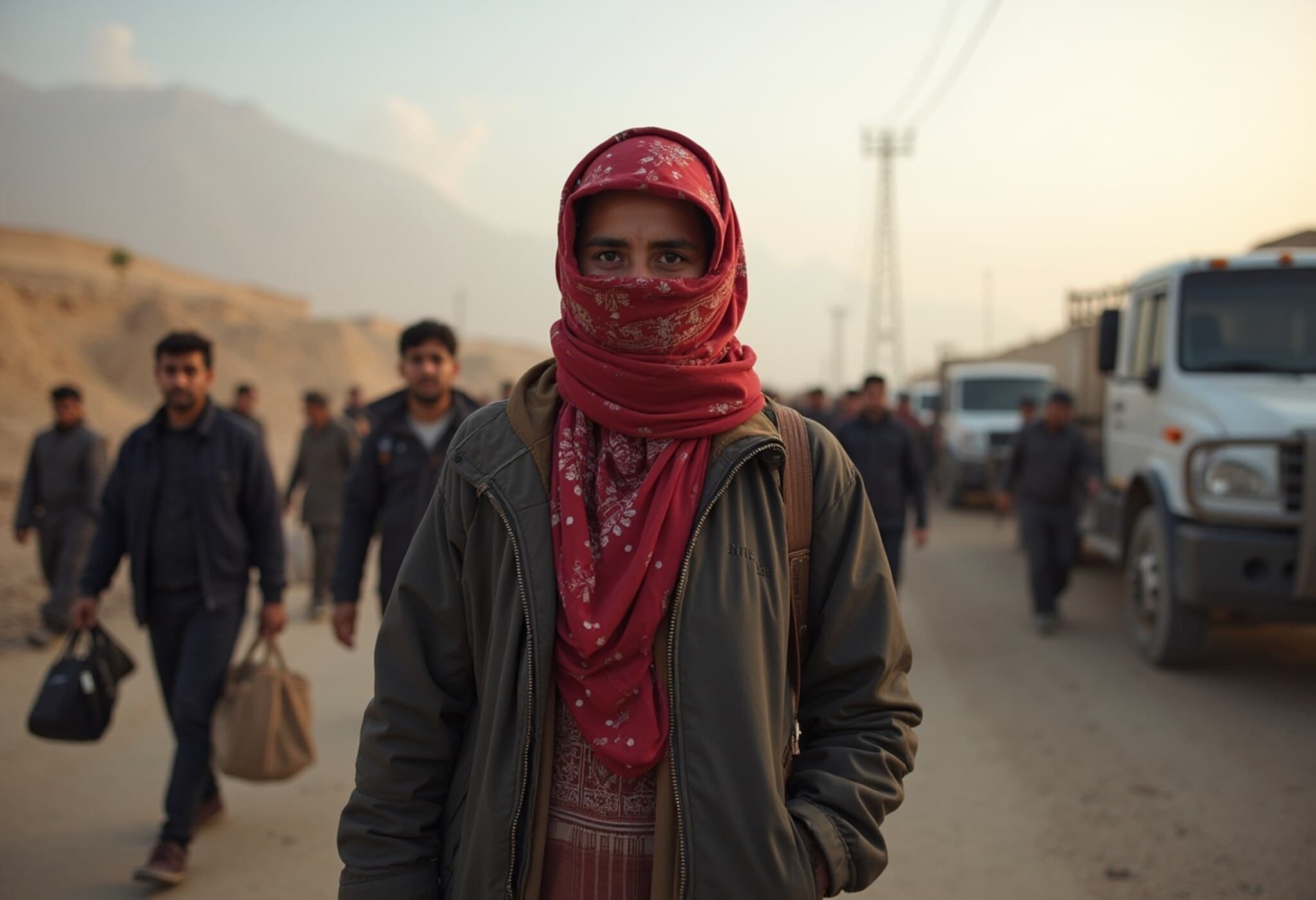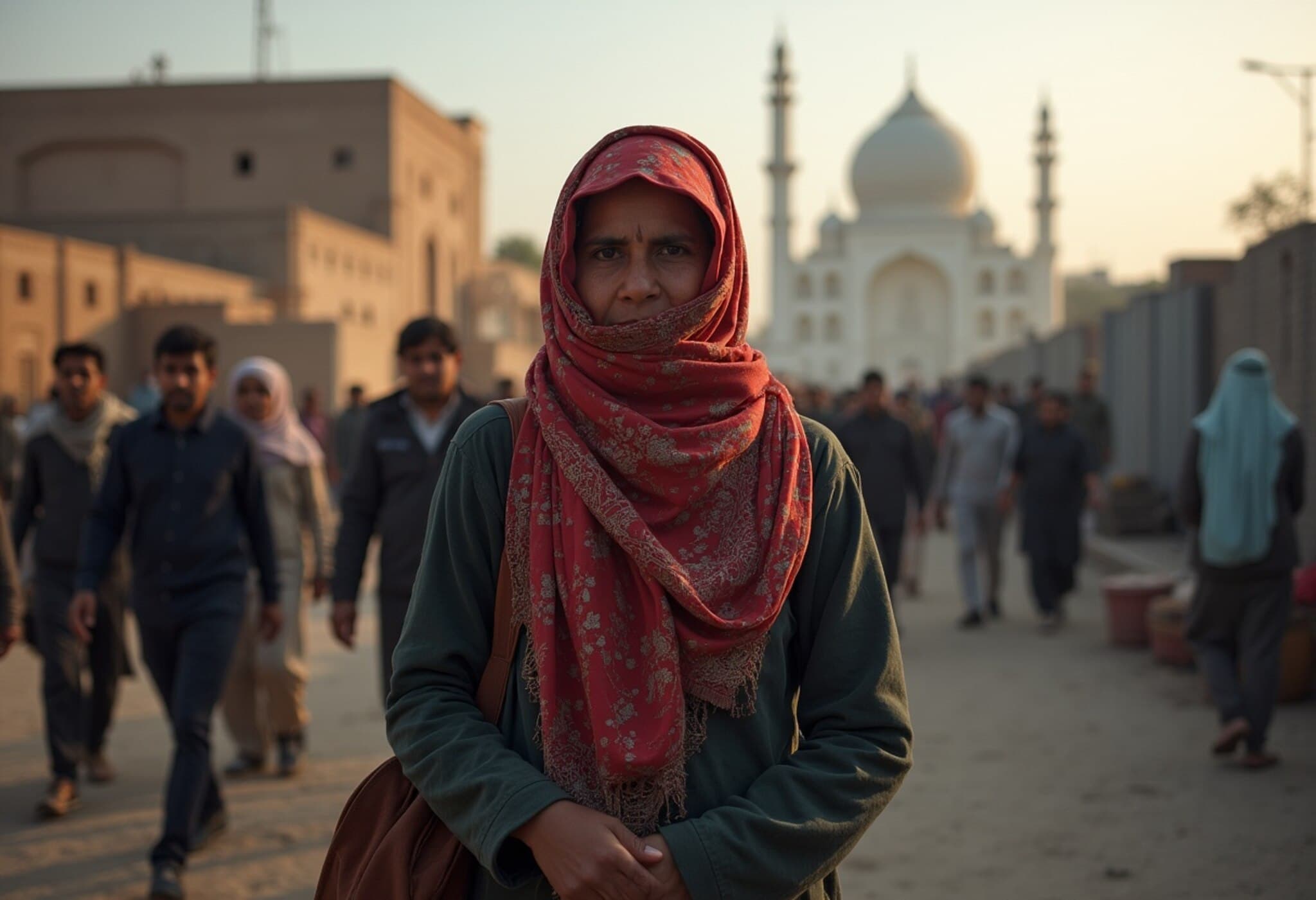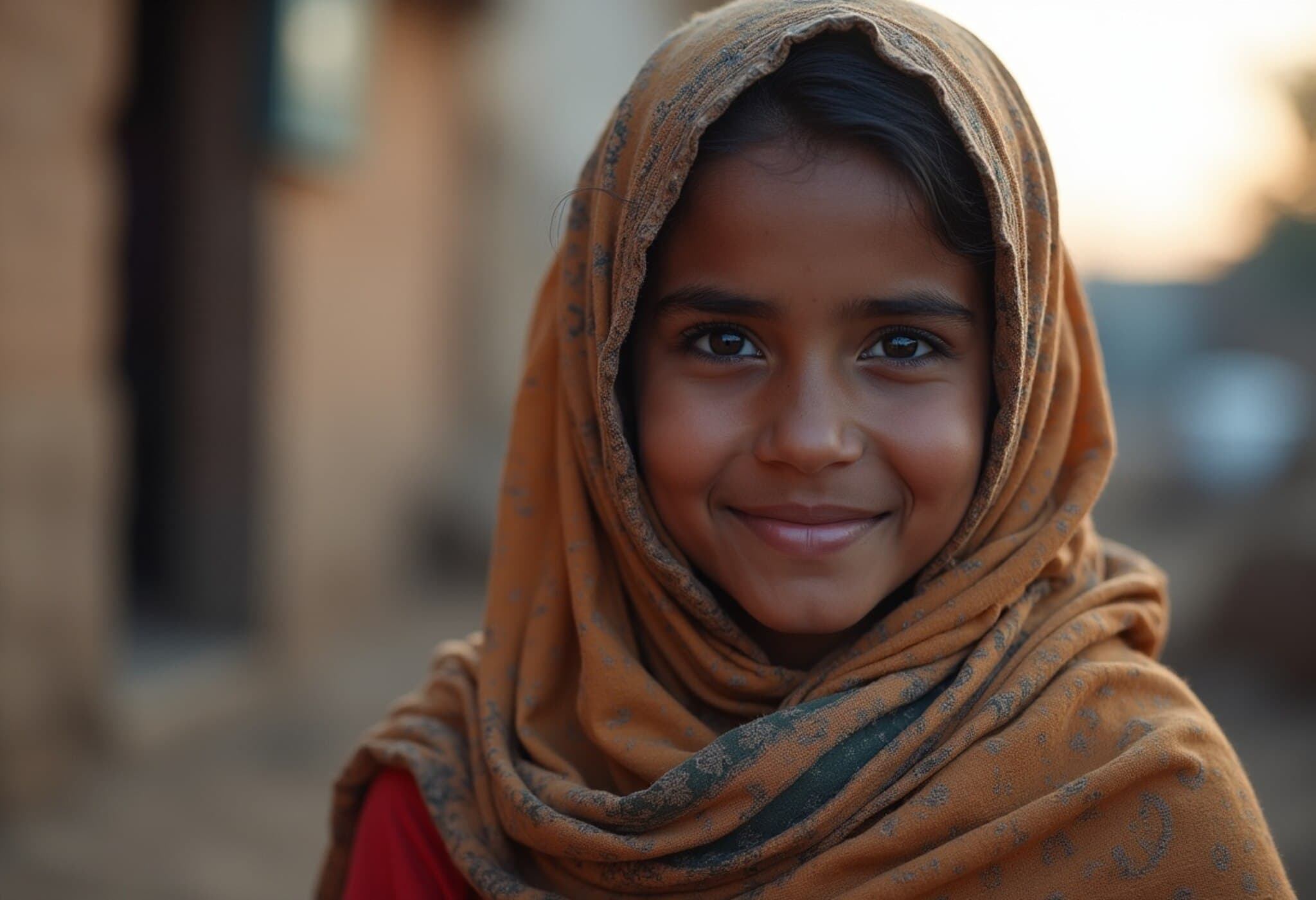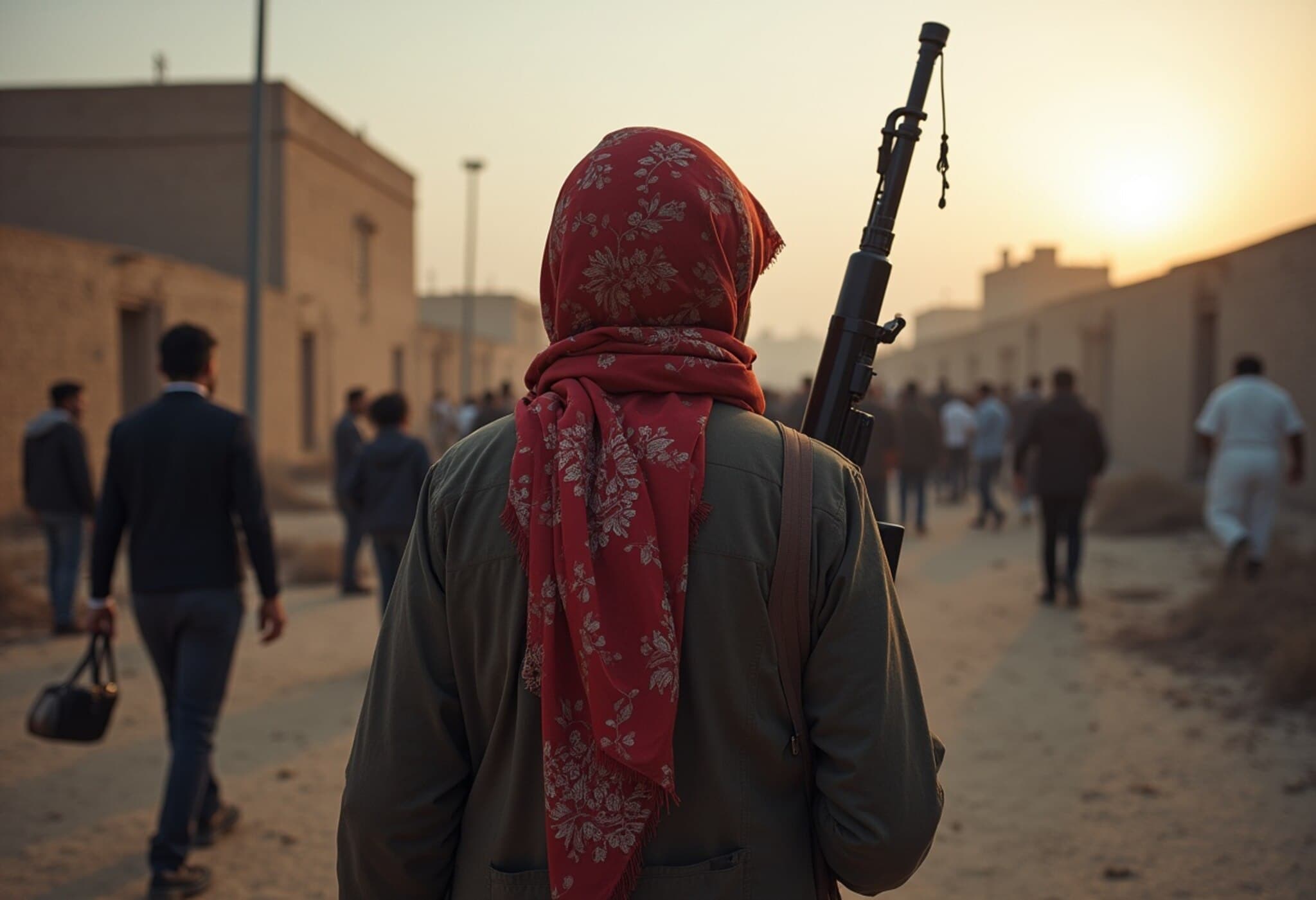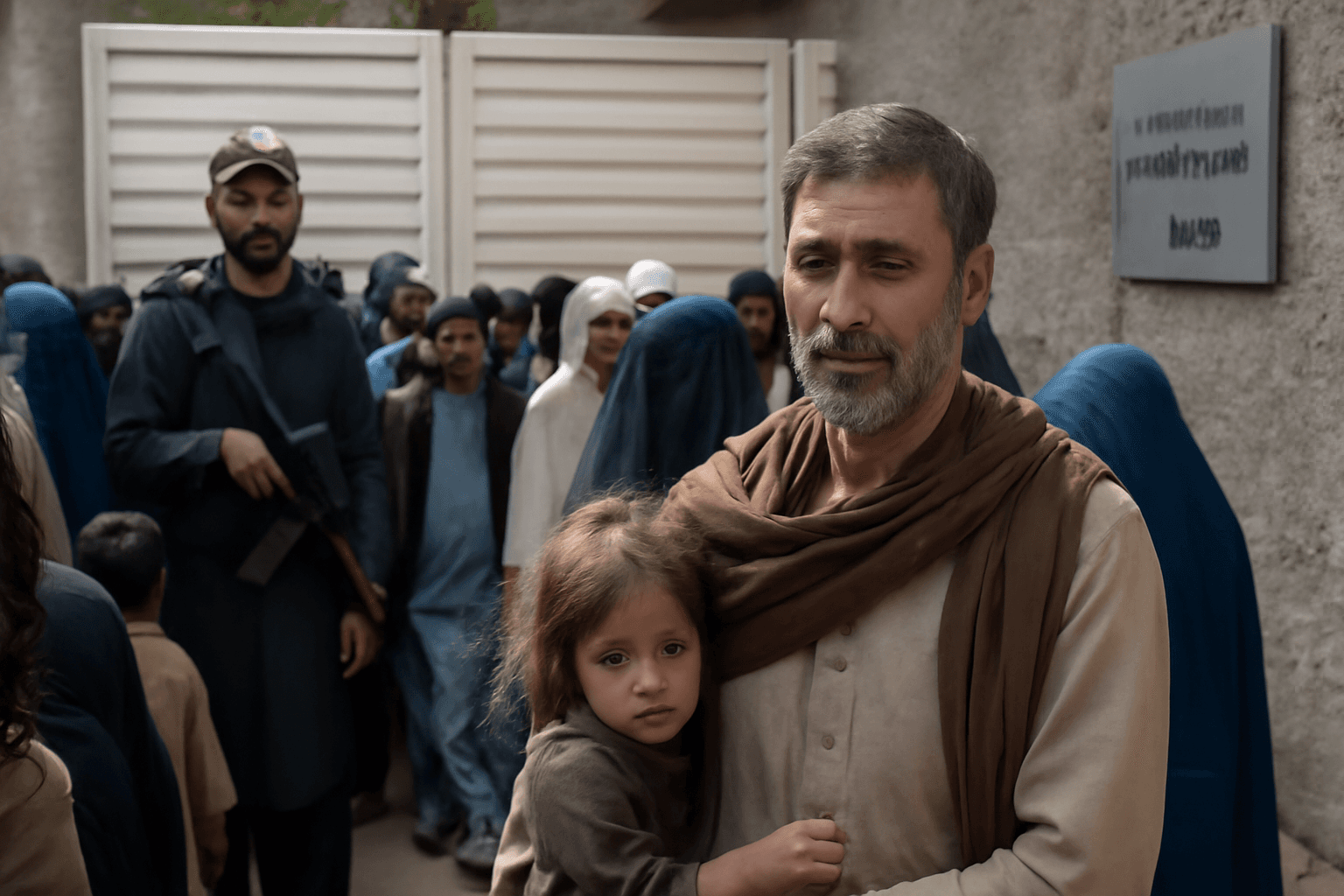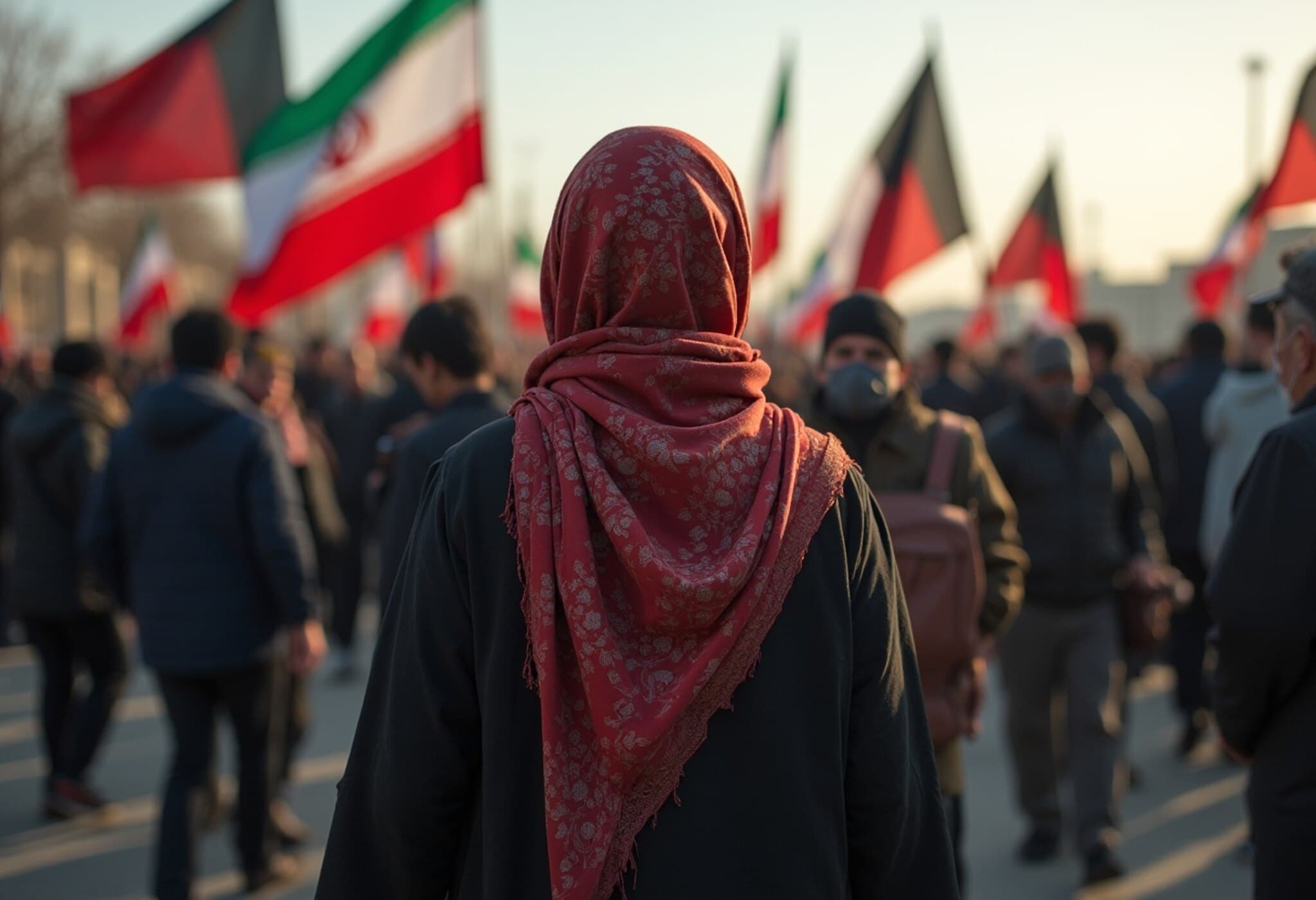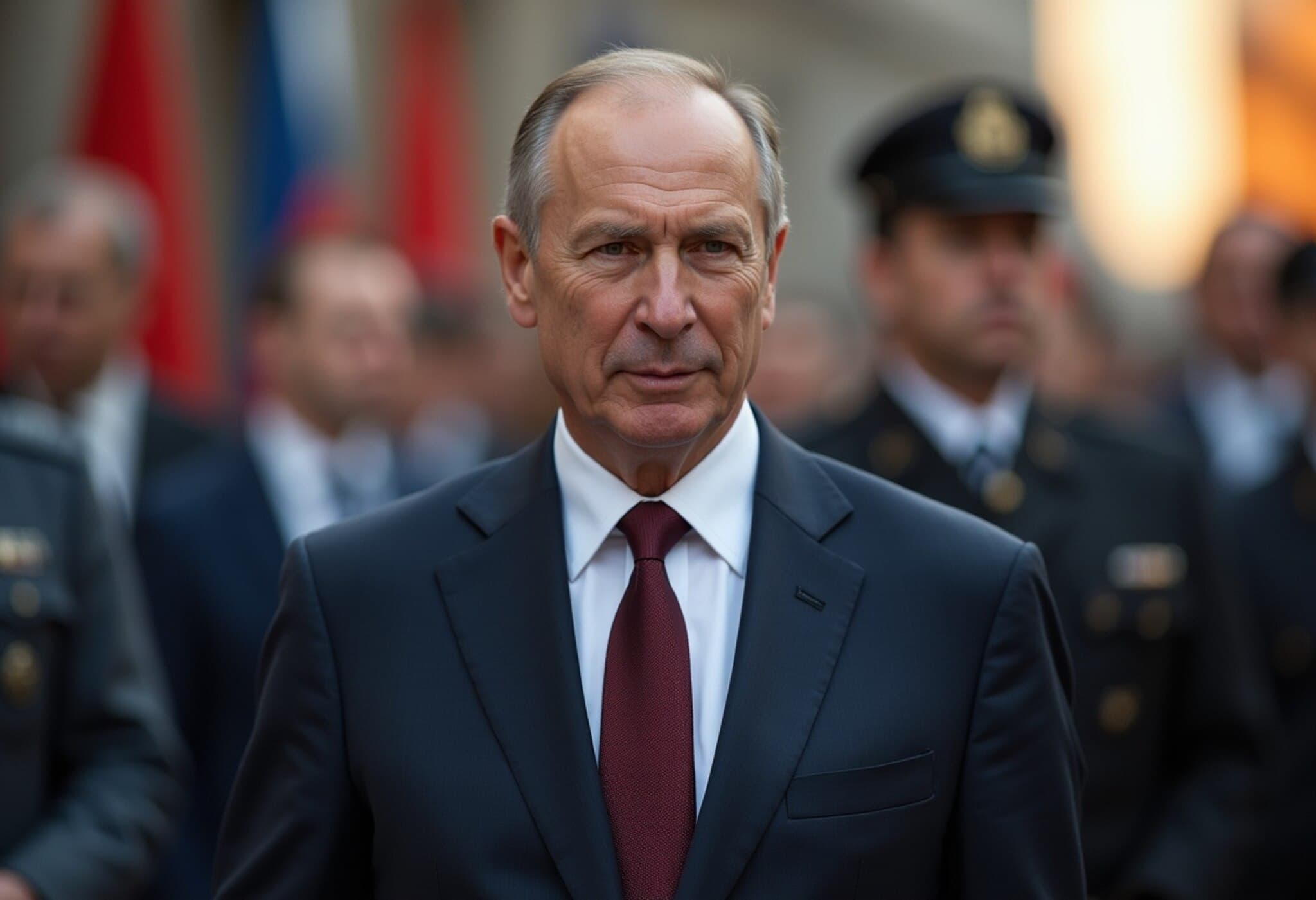Pakistan Resumes Forced Deportations of Afghan Refugees
In a move that has sparked international criticism, Pakistan has restarted the forced repatriation of approximately 1.4 million Afghan refugees whose legal Proof of Registration (PoR) status expired at the end of June 2025. Despite growing humanitarian concerns from the United Nations High Commissioner for Refugees (UNHCR) and human rights groups, Pakistani authorities are detaining Afghans they deem to be residing illegally and preparing them for expulsion to Afghanistan.
Background and Government Stance
The Pakistani federal government declined to extend the refugees’ legal stay, which many hoped would continue for another year to manage personal affairs such as selling property and closing businesses before voluntary return. This latest operation represents the most extensive repatriation effort to date under Islamabad’s direction.
According to an official notification dated July 31, seen by The Associated Press, the government declared all individuals holding expired PoR cards must return to Afghanistan if they lack valid passports and Pakistani visas, citing Pakistan’s immigration laws. Officials also revealed that about 800,000 Afghans holding Afghan Citizen Cards are also being treated as undocumented immigrants and detained across multiple provinces, including Sindh, Balochistan, and Punjab.
On-the-Ground Reality: Fear, Displacement, and Uncertainty
The human impact of these actions is profound. Families who have lived in Pakistan for decades—some born and raised there—now face the traumatic upheaval of forced return to a country gripped by instability. Rehmat Ullah, a 35-year-old Afghan man from Peshawar with five children, expressed his fears: “My children will lose their education. We are returning to a homeland many barely recognize anymore.”
Afghan refugee children waiting alongside trucks loaded with their belongings symbolize the broader refugee crisis, underscoring the urgent need for humane solutions that respect individual dignity and safety.
International and Regional Implications
The UNHCR has sharply condemned Pakistan’s policy, emphasizing that forcible return under these conditions equates to refoulement, a violation of international law prohibiting the return of refugees to situations where their lives or freedoms are at risk. Qaiser Khan Afridi, the UNHCR spokesperson, urged Pakistan to adopt a more compassionate approach that allows for a “voluntary, gradual, and dignified repatriation.”
With both Pakistan and Iran pushing back over 1.2 million Afghans this year alone, the mass returns raise serious concerns about further destabilizing Afghanistan under Taliban rule, potentially exacerbating regional instability.
Policy Context and Broader Challenges
Pakistan has historically been a major refuge for millions fleeing decades of Afghan conflict, political upheaval, and economic hardship. However, these renewed deportations follow an aggressive nationwide crackdown on undocumented foreigners initiated in 2023, reflecting shifting political priorities amid domestic pressures.
The Interior Ministry has remained largely silent on these latest developments, while law enforcement agencies reportedly conduct random house-to-house checks to detain immigrants without authorization.
Expert Perspective: The Need for Balanced, Sustainable Solutions
As an experienced policy analyst notes, “The abrupt termination of refugee protections and forced deportations without adequate safeguards threatens both human rights and regional security. A coordinated, multilateral approach involving Pakistan, Afghanistan, and international partners is essential to manage refugee flows while ensuring protection for vulnerable populations.”
There remains the critical question of long-term responsibility: How can host countries and international stakeholders balance national interests with humanitarian obligations in a volatile geopolitical landscape?
Editor’s Note
Pakistan’s decision to forcibly expel over a million Afghan refugees shines a spotlight on the enduring challenges faced by displaced populations amid complex regional politics. While national sovereignty and immigration control are legitimate state concerns, the urgency of protecting refugees’ basic rights and well-being cannot be overstated. This unfolding crisis invites deeper reflection on international legal norms, humanitarian responsibility, and the necessity of durable solutions that transcend short-term political expediency.
Readers are encouraged to consider: What role should global powers and international organizations play to prevent further destabilization? And how might policies evolve to safeguard vulnerable refugee communities caught between nations?

